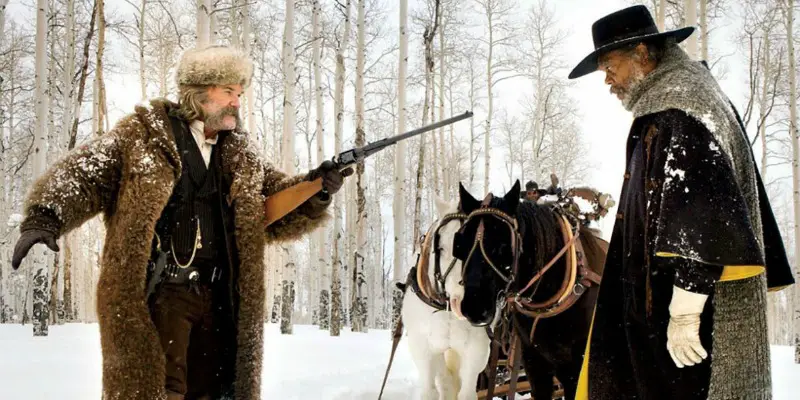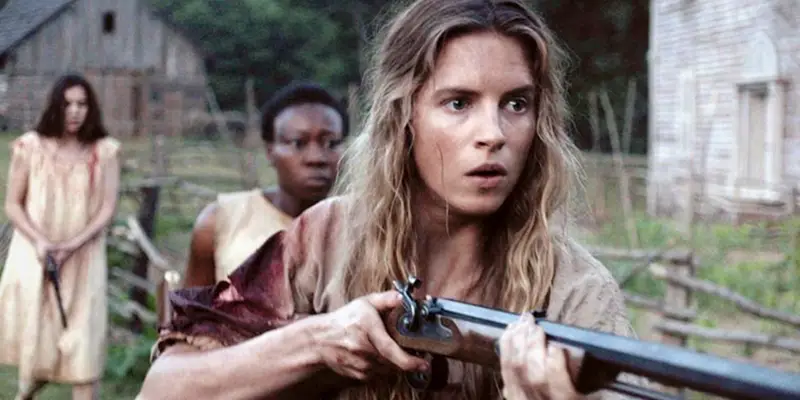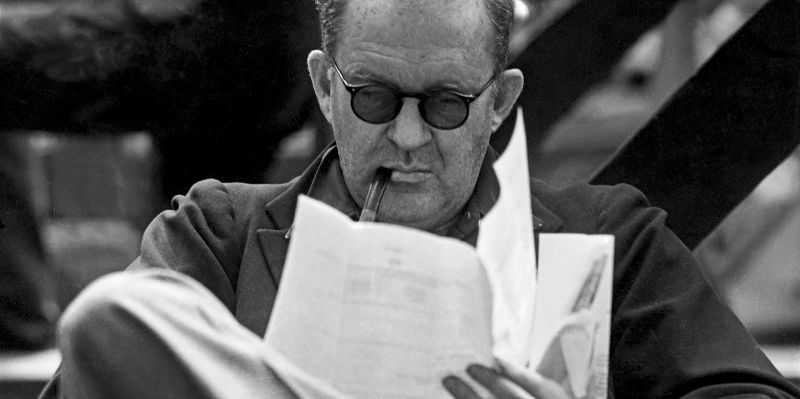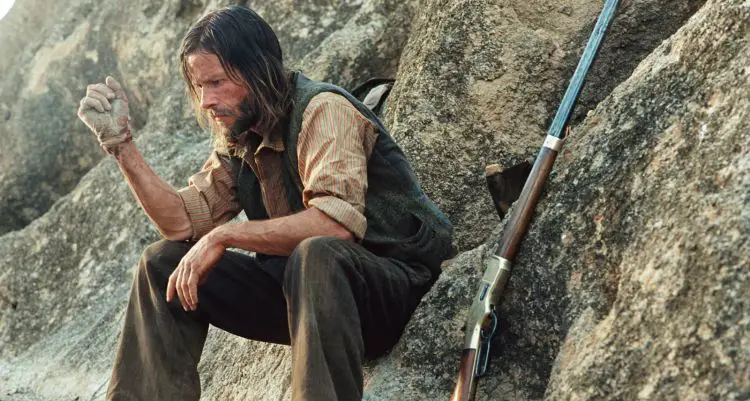western
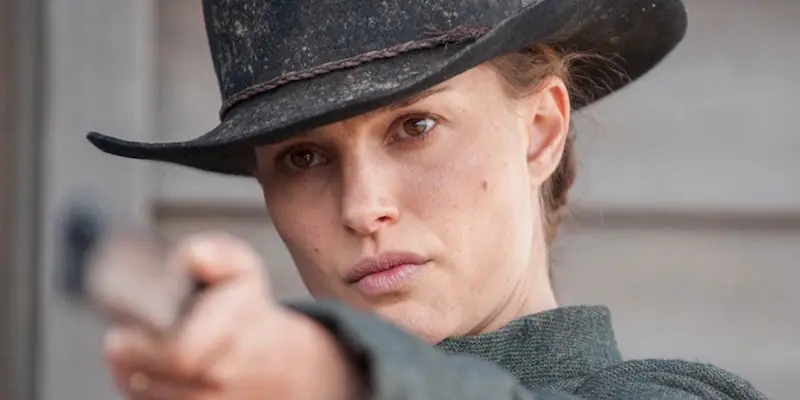
Within the last couple of years, the Western seems to have made a semi-comeback. Recent notable titles include John Maclean’s directorial debut Slow West, the horror-thriller Bone Tomahawk, and Quentin Tarantino’s claustrophobic and violent The Hateful Eight. And, in just a few months, a remake of The Magnificent Seven will be released, a film adaptation which has attracted the likes of Denzel Washington, Chris Pratt, Vincent D’Onofrio and more (which is hopefully an indication that it is at least halfway decent).
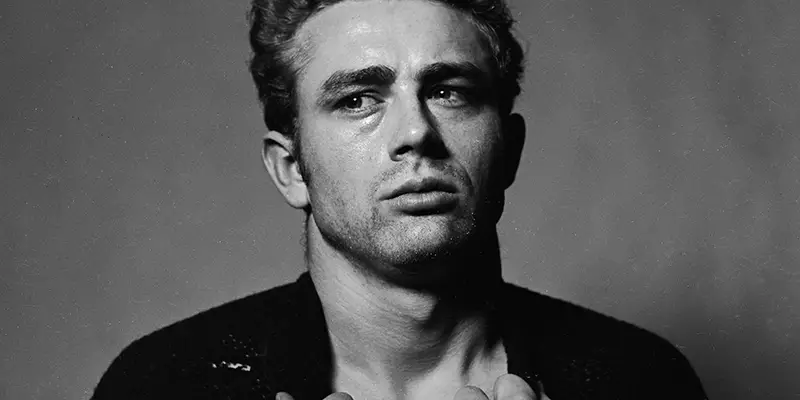
His face adorns posters and t-shirts across the world and, whilst there aren’t many who can likely claim to have seen his films, there aren’t many who haven’t heard his name. James Dean, like Marilyn Monroe, has elevated to the status of cultural icon in much the same way that Kurt Cobain has in the music world. The poster boy for teenage disillusionment, Dean had an experimental approach to life that ran way ahead of his time.
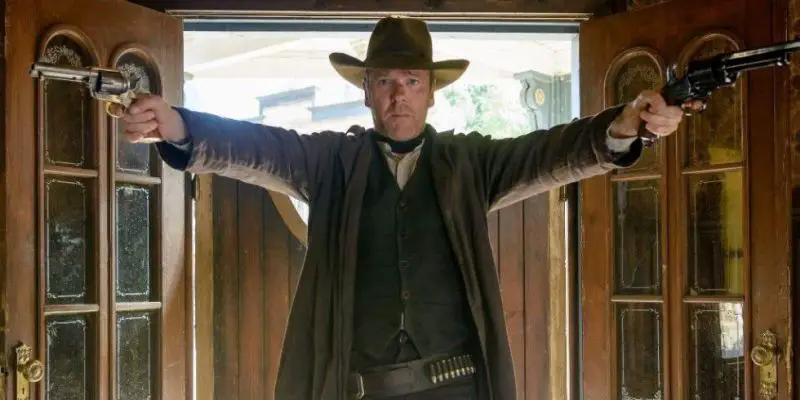
In the days of the revisionist Western, sometimes a throwback to the simple pleasures of the genre’s oldest delights are all that are needed. The only problem with revisiting old cliches is that no amount of nostalgia or charm can make them feel original again, and if performed without either, it comes across as laboured box-ticking in order to fulfil genre requirements. Forsaken unfortunately is the latter, possessing an initial kitsch charm that wears thin quickly when it transpires the film has no unique tricks up its sleeve.
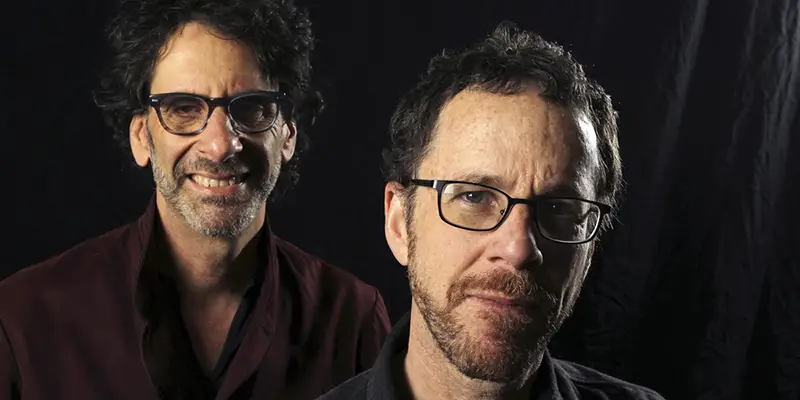
Since they first hit cinema screens in 1984, the Coen Brothers have had a firm grip on audiences and critics alike. Renowned for their idiosyncratic, high quality work, they have found themselves increasingly in demand with studios and actors, many of whom aim to make their next project a Coen Brothers film. They have written, directed and produced all of their own pictures, edited most of them, and have recently ventured into the ‘gun for hire’ realm of screenwriting, contributing to Steven Spielberg’s Bridge of Spies, Angelina Jolie’s Unbroken, Michael Hoffman’s Gambit, and George Clooney’s upcoming Suburbicon.
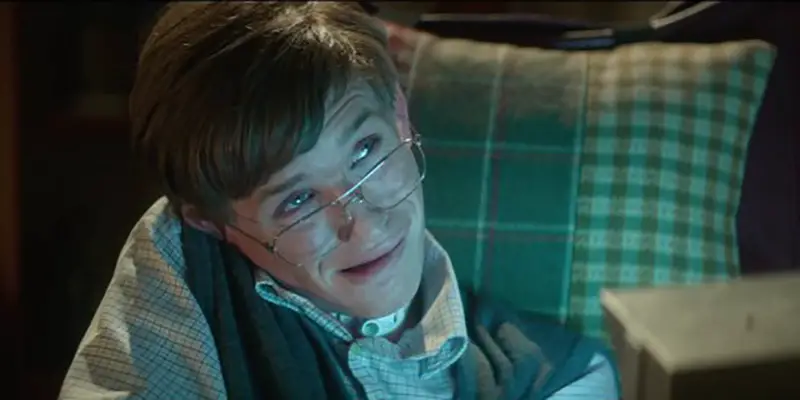
Like all social groups, people with disability have been portrayed in diverse ways in Hollywood, from stereotypical representations in horror to genuine inspirations in melodramas. Disability is represented as a metaphor through imagery or characters’ features, or as a direct subject within the narrative. The entire concept of genre is recycled from elements within society, and the relevant features of each specifically labels the disabled into a certain character type.
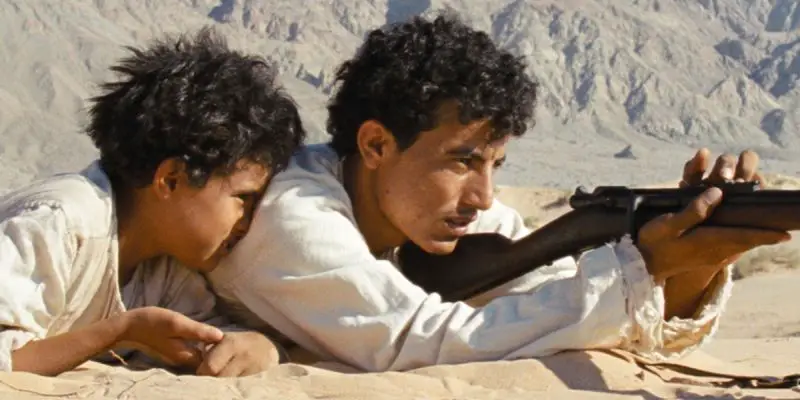
Theeb is an excellent film from this past year, and I’m afraid the precious few people will make it out to see it due to the lack of distribution. Had it not been nominated for the Best Foreign Language Film Oscar this year, I probably would have never come across this little gem. Theeb is set in 1916 toward the end of the Ottoman Empire, in a province known as Hijaz (around Saudi Arabia and Medina) where two brothers, who hail from a family nomads, escort a British soldier with a mysterious wooden box to the Ottomon railway.
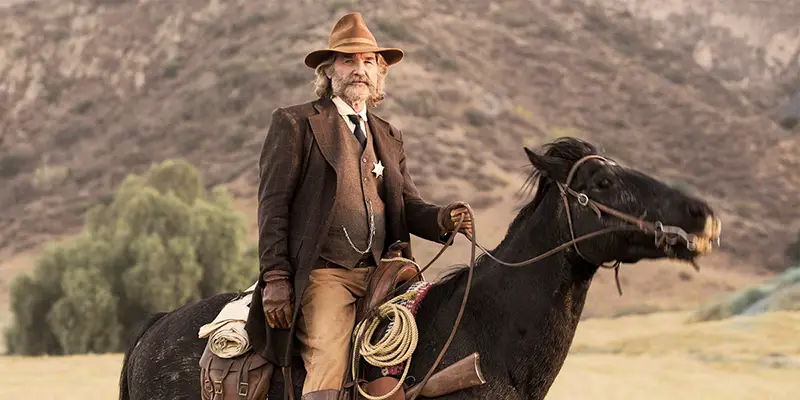
Despite a reputation as an open minded viewer willing to watch cinema of all genres, I have a confession to make: I struggle with Westerns, with many widely acclaimed masterpieces leaving me cold for no easily discernible reason. As much as I love Sergio Leone and many recently made “revisionist Westerns”, how the cornerstones of the genre (the majority of which are directed by John Ford) earned their classic status is unfathomable to me.
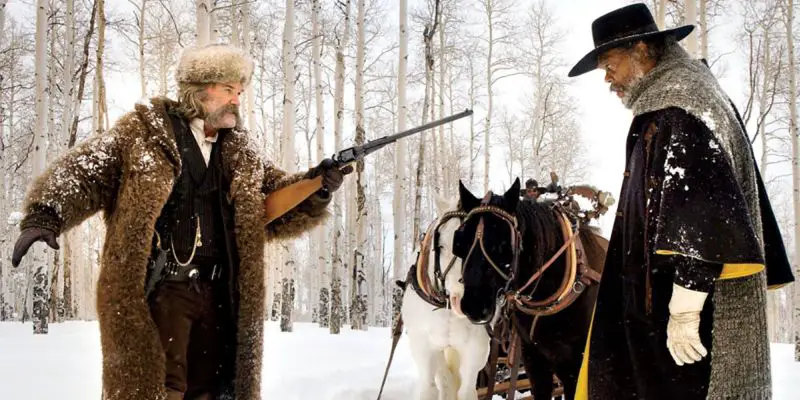
Closely approaching Quentin Tarantino’s new film The Hateful Eight arises expectations not only because of the name he has created for himself, but also because we are aware of the repeating pattern of collaborators in his films. But this piece is not about the cast of the film nor about Tarantino’s specific style. It is about the collaborators behind the scene, specifically on his first time collaboration with Ennio Morricone as a composer of the film’s original soundtrack.
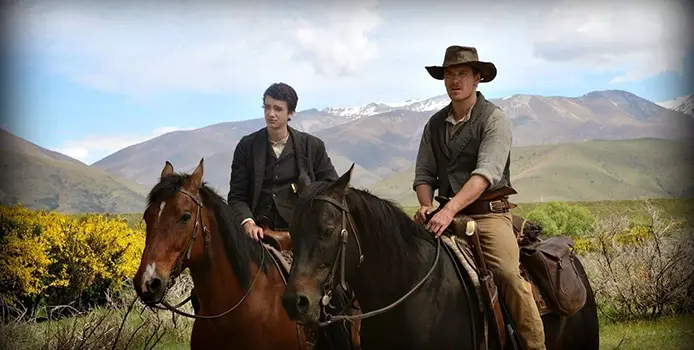
More than 150 years after the old West faded into legend, the western genre is still very much alive and well. Slow West is the feature debut of writer-director John Maclean. Although it contains some clear watermarks of a first-time director, it is also among the more unique modern westerns in the way that it plays around with traditional western tropes and conventions.


